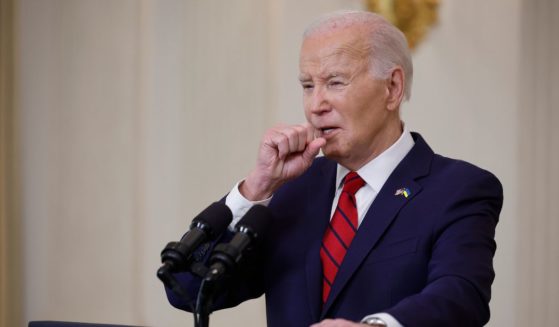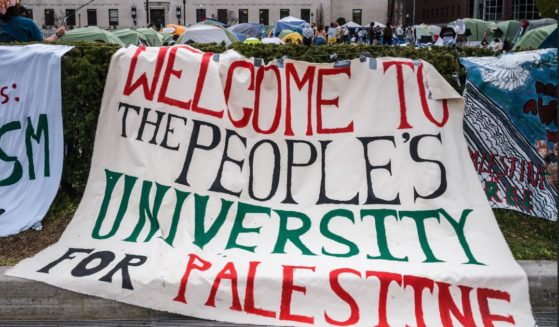Caravan of 40 Salvadoran migrants sets out for US border
SAN SALVADOR, El Salvador (AP) — The “mother of all caravans” expected to depart from Central America has begun by looking more like the baby of all caravans, after a group of about 40 migrants left Saturday for the U.S. from the capital of El Salvador.
It was not immediately clear whether they planned to meet with other migrants from Guatemala and Honduras, but the Honduran government denied there was another caravan forming in its country.
In a statement Friday, Honduran Foreign Minister Maria Dolores Aguero suggested that such assertions could actually spur aspiring migrants to come together in larger groups.
“I respectfully suggest that information of this kind be shared with the government of Honduras prior to making public statements that, as we have seen, ultimately become triggers for action by organizations that activate and lead these forms of migratory mobilization,” Aguero said.
Mexican Interior Secretary Olga Sanchez Cordero said earlier in the week that a caravan of migrants from Central America could be forming with more than 20,000 people, and she pledged to form a “containment” line around Mexico’s narrow Tehuantepec Isthmus to stop migrants from continuing north.
But fears over a larger caravan and the promised Mexican deployment of federal police have only appeared to heighten tensions.
The U.S. state department said this week it was cutting aid to El Salvador, Honduras and Guatemala and President Donald Trump accused their leaders of doing “nothing” to prevent mass migration to the United States.
Trump also said he is likely to shut down America’s southern border next week unless Mexican authorities immediately halt all illegal immigration, adding that it would be “so easy” to stop migrants passing through the country in an attempt to enter the U.S.
A border shutdown would be a major blow for both Mexico and the U.S.
The U.S. and Mexico trade about $1.7 billion in goods daily and closing the border would be “an unmitigated economic debacle” that would threaten 5 million American jobs, according to the U.S. Chamber of Commerce.
Mexico itself appears to be both tiring of the caravans and eager not to anger the United States.
It has stopped granting migrants humanitarian visas at the border, and towns along the well-traveled route to Mexico City sometimes no longer allow caravans to spend the night. Fewer private citizens are offering food and rides to the weary travelers.
Vicki Gass, senior policy adviser for Central America and Mexico at the Oxfam charity, said in a statement Saturday that suspending payments to El Salvador, Guatemala and Honduras would exacerbate the problem.
“Cutting foreign aid to Central America is the absolute last thing the Trump administration should do right now. Not only is it morally wrong, it also counters efforts to address the root causes behind migration,” she said.
___
Amy Guthrie contributed to this story from Mexico City; Freddy Cuevas contributed from Tegucigalpa, Honduras.
The Western Journal has not reviewed this Associated Press story prior to publication. Therefore, it may contain editorial bias or may in some other way not meet our normal editorial standards. It is provided to our readers as a service from The Western Journal.
Truth and Accuracy
We are committed to truth and accuracy in all of our journalism. Read our editorial standards.












